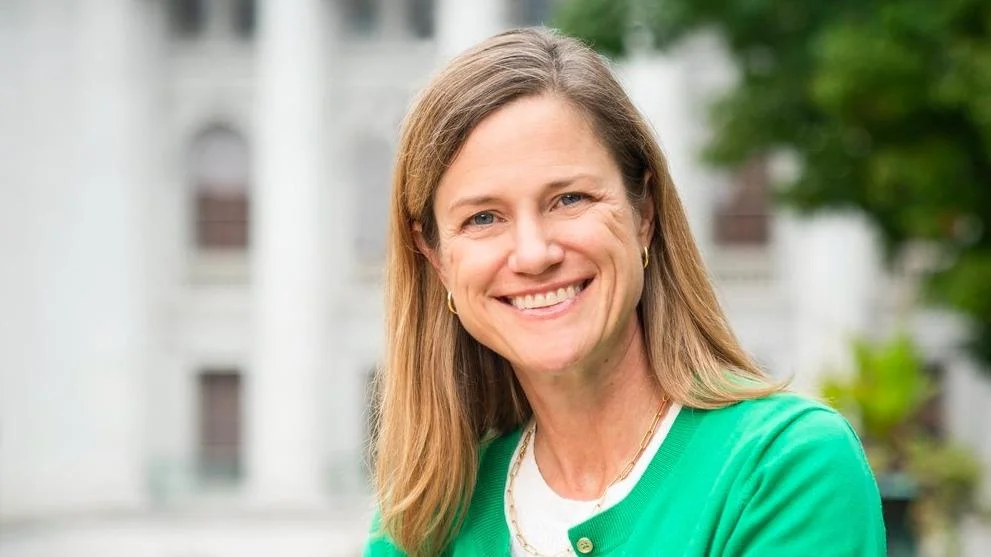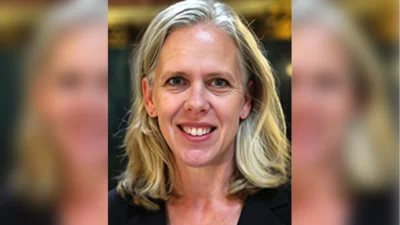Deborah Andraca, Wisconsin State Representative of 23rd District | Official Website
Deborah Andraca, Wisconsin State Representative of 23rd District | Official Website
According to the Wisconsin State Legislature's official website, the bill was described as follows: "designating the rusty patched bumble bee as the state native insect".
The following is our breakdown, based on the actual bill text, and may include interpretation to clarify its provisions.
In essence, this bill designates the rusty patched bumble bee (Bombus affinis) as the state native insect of Wisconsin. It mandates that the Wisconsin Blue Book include information on this designation, alongside existing state symbols such as the state song, ballad, and various other symbols like the state tree, bird, and animal. The amendment specifies the requirement to update the Blue Book to reflect the inclusion of the rusty patched bumble bee, thereby recognizing its significance within the state's ecosystem and cultural heritage. The bill does not provide an effective date, indicating it would become law upon passage and publication.
The bill was co-authored by Senator Jodi Habush Sinykin (Democrat-8th District), Representative Margaret Arney (Democrat-18th District), Representative Jill Billings (Democrat-95th District), Representative Brienne Brown (Democrat-43rd District), Representative Ryan M. Clancy (Democrat-19th District). It was co-sponsored by Senator Dora E. Drake (Democrat-4th District), Senator Chris Larson (Democrat-7th District), and Senator Melissa Ratcliff (Democrat-16th District), along 29 other co-sponsors.
Deb Andraca has co-authored or authored another 38 bills since the beginning of the 2025 session, with none of them being enacted.
Andraca graduated from Syracuse University in 1992 with a BA.
Andraca, a Democrat, was elected to the Wisconsin State Assembly in 2021 to represent the state's 23rd Assembly district, replacing previous state representative Jim Ott.
In Wisconsin, the legislative process starts when a senator, constituent, group, or agency proposes an idea for a bill. After drafting, the bill is introduced, numbered, and referred to a committee for review and public input. If approved, it moves through three readings and votes in both the Senate and Assembly. Once both chambers pass the same version, the bill goes to the governor, who can sign it, veto it, or let it become law without a signature. Only a small share of bills introduced each session ultimately become law. You can learn more about the Wisconsin legislative process here.
| Bill Number | Date Introduced | Short Description |
|---|---|---|
| AB305 | 06/06/2025 | Designating the rusty patched bumble bee as the state native insect |
| AB240 | 05/02/2025 | A sales and use tax exemption for equipment associated with the use of a search and rescue dog. (FE) |
| AB239 | 05/02/2025 | Harassment of search and rescue dogs and providing a penalty |
| AB238 | 05/02/2025 | Prohibiting hotels, inns, and motels from discriminating against dog handlers who are accompanied by search and rescue dogs |
| AB224 | 04/23/2025 | The form of referendum questions |
| AB72 | 02/24/2025 | Ratification of the Driver License Compact. (FE) |




 Alerts Sign-up
Alerts Sign-up